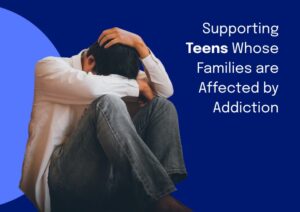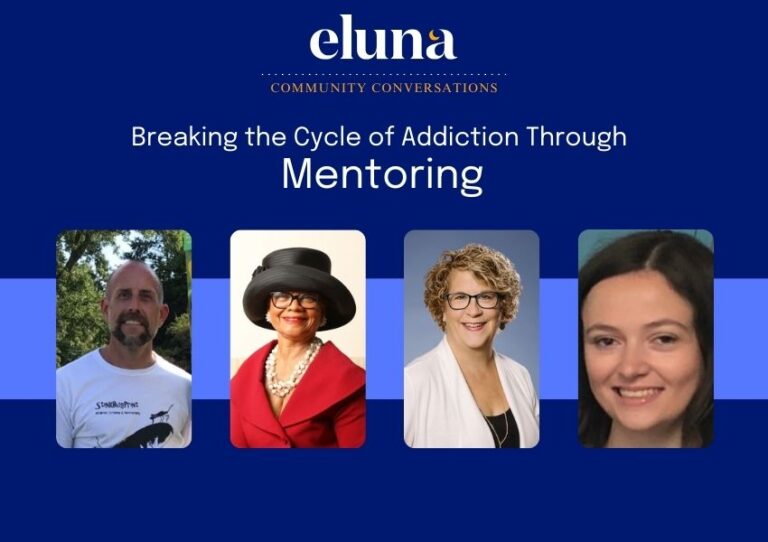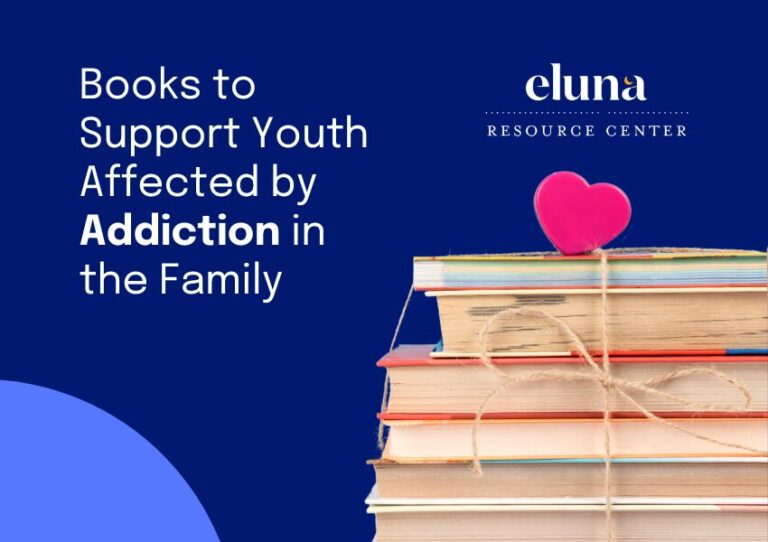Supporting Teens Whose Families are Affected by Addiction
 Navigating a family member’s substance use disorder can be challenging at any age. However, child development theory and research tell us that children process stressful events differently based on their unique developmental stage.
Navigating a family member’s substance use disorder can be challenging at any age. However, child development theory and research tell us that children process stressful events differently based on their unique developmental stage.
This article will review common trauma responses followed by tips for education, prevention, and mentoring for the age & stage: TEENS (ages 13 – 18)
Click here to access the full article on all Ages & Stages
This information is based on child development and psychology research, but it’s important to note that research often leaves out marginalized groups. Children from minority cultural or religious backgrounds may have different responses and needs in the face of traumatic events. Children with developmental disabilities may not match the typical expectations for their chronological age. Even children who are not diagnosed with a developmental disability may experience developmental regression as a trauma response. If you are reading this article with a specific young person in mind, remember that these general guidelines may not accurately reflect the experience of each individual.
Education
Adolescents have a more complex understanding of our internal anatomy [source 20] so you can talk with them about the impact of substance misuse on various organs. In middle and high school science classes, teens will start to learn about genes and DNA. If the teen has a biological relative with substance use disorder, you can talk about the genetic component of substance abuse and emphasize the importance of prevention for teens who may be genetically predisposed. To support reflection and spark conversation, we recommend the graphic novel, Hey Kiddo, or other books on this list.
Prevention
Having a family history of substance use disorder puts youth at increased risk of their own substance misuse, but prevention strategies can change that. For teens, consider the following:
- maintain open communication and trust with adolescents
- discuss the serious effects of substance misuse while encouraging critical thinking about the portrayal of substance use in media and among peers.
- lead by example and support their independence in making healthy choices
- keep an eye on their social circles and activities, offering guidance and support
- boost their self-esteem and provide positive outlets through extracurricular activities
- introduce age-appropriate media on the topic, such as Natural High, a drug prevention nonprofit that inspires and empowers youth to find their natural high.
- for more, see Prevention Tips for Every Age.
Mentoring
Research tells us that connecting with a caring adult mentor is one of the best strategies for prevention and support for children affected by a family member’s substance misuse, and kids who connect with a mentor earlier in life get the most benefit. For this age group, we recommend:
- Camp Mariposa is a year-round addiction prevention and mentoring program for youth affected by the substance use of a family member. While the programs are designed for kids ages 9-12, many sites offer teens the opportunity to be involved as Junior Counselors. Junior Counselors will meet caring peers and adult mentors while building leadership skills in a supportive environment.
- If you don’t have a Camp Mariposa site in your area, find a mentor near you through Mentor: The National Mentoring Partnership.
Possible trauma responses
Teens may not always know how to verbalize challenging feelings related to a family member’s substance misuse, so it’s important to look for behavioral cues. Here are some possible trauma responses to look out for [sources 21, 22]:
- feelings of shame, guilt, or anger, worry about what peers will think
- increased risk behavior
- changes in academic performance
- changes in sleep patterns.
Support
Youth whose families are affected by the disease of addiction can often become isolated from communities of support. Here are some recommended programs that focus on both prevention and peer support to help bridge and rebuild connections:
Youth Support Programs
- Camp Mariposa: A year-round addiction prevention and mentoring program for youth affected by the substance use of a family member.
- Alateen: A place just for teens affected by someone else’s alcoholism.
Caregiver Support Programs
- Parents of Addiction Loved Ones (PAL): Parents with an adult child dealing with substance use disorder involving either drugs or alcohol can find hope and support through Parents of Addicted Loved Ones (PAL). Meetings are available all over the country.
- CheckDEC: A free mobile app that immediately connects children, families, and professionals to substance abuse-related information, crisis helplines, drug and treatment information, supportive resources, and services within their local area. Brought to you by the National Alliance for Drug Endangered Children and Office for Victims of Crime
For more support options, jump to our hub of recommended programs & resources.
*Special thanks to Eluna volunteer, Mary Ann Gill, for supporting the development of this resource!

